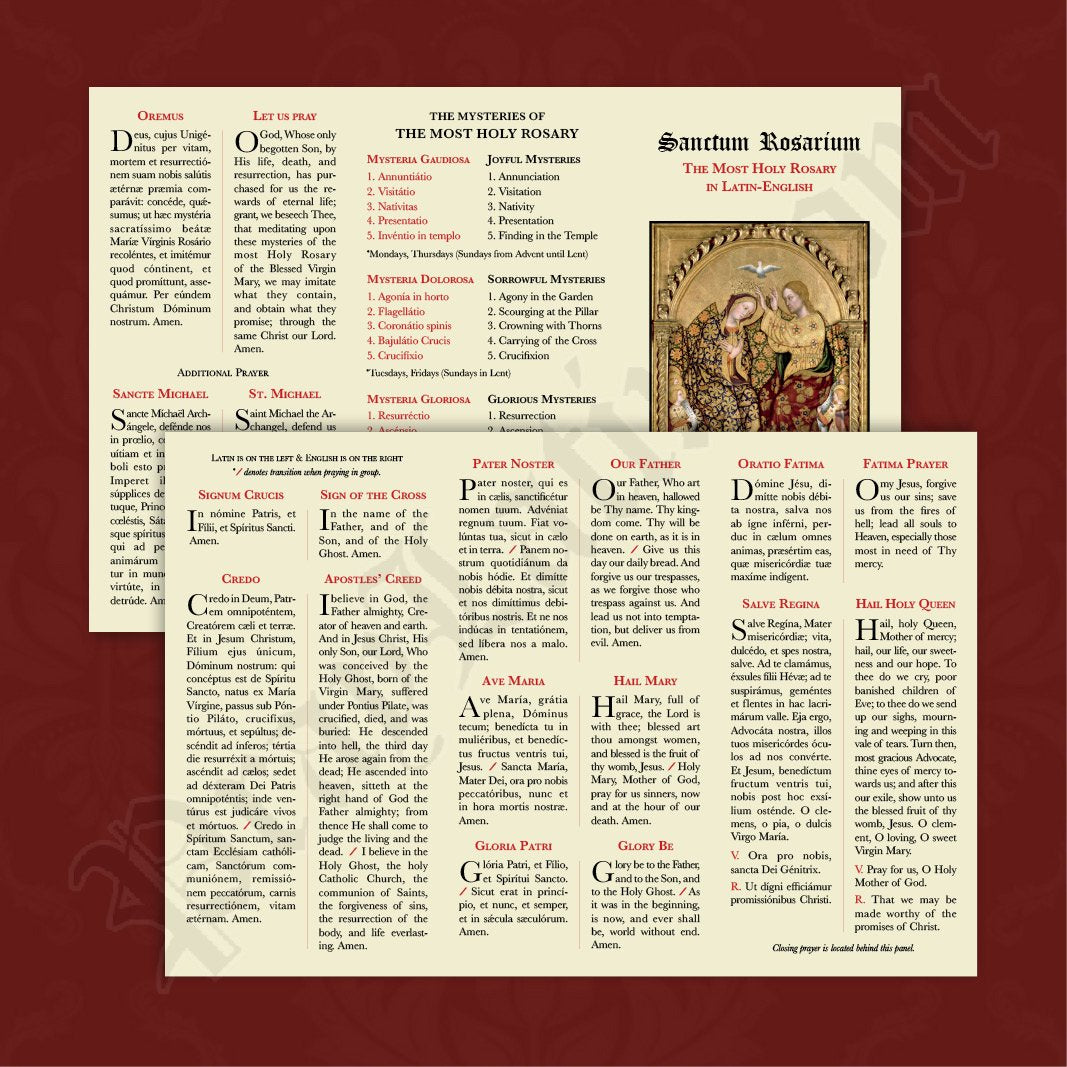
TribusĮnglish derivatives: attribute(to credit someone with something), distribute(to share something with a number of people), tribal (belonging to a tribe of people), tribute (a gift meant to show respect). SanusĮnglish derivatives: insane(a mental illness that prevents normal thinking), sanatorium(a mental hospital), sanity(reasonable and rational behavior). tinctus ( Latin) Origin & history Perfect passive participle of ting.

RivusĮnglish derivatives: rival(an enemy who uses a common stream), derivation(when you get something from a source), rivulet(a small stream of liquid). PanisĮnglish derivatives: accompany(to go somewhere with someone), pantry(a small room where food is kept), company(a business, to associate with someone, to come together at a meal). OrdoĮnglish derivatives: coordinate(to match things together), disorder(when something is not organized), insubordinate(to disobey authority), ordnance(a rule), ordinary(normal and in order), ornery(if someone is bad tempered).

NoxĮnglish derivatives: equinox(when daylight and nighttime are the same amount of hours, happens twice a year), nocturnal(when an animal is only awake at night), nocturne(a song, usually inspired by the night). View the declension of this word small fish, perhaps the tench. MemorĮnglish derivatives: commemorate(to remember an event), memoir(a book someone writes about their life), memory(what you remember), memorial(a ceremony or statue for an event or a person). LaborĮnglish derivatives: labor(work), laboratory(where scientists work), collaboration(when people work together to achieve something), elaboration(to explain something, to work out in detail). HerbaĮnglish derivatives: herbal(having to do with herbs), herbivore(an animal that only eats plants). So, get a bit ancient with your vocabulary and check out the list below: GravisĮnglish derivatives: aggravate(to annoy someone or make heavy), grave(serious), gravity(the force that keeps things on the ground), grief(extreme sadness). If you are the type that loves word etymology(where words come from) and word borrowings, check out our past blogs with words that come from French, Yiddish, and German here and here! Because it was such a success (popular), because Latin is such an important source for English, and because we promised a part two…here are ten more Latin words in English! K.Last week, we covered ten Latin words used in English and their English derivatives(words that come from other words). water (from Latin aqua see aqua) + tinta, dyed (from Latin tincta. Still more remote from the English and Italian, we find among the Orientals of the Shemitish race, anghas and nikson in the Arabic, and n'kasho in the Chaldee, with a manifest resemblance in sound, and with an actual possession of the same elements and radical letters, N. aquatintist translation, English dictionary definition of aquatintist. The Polish, however, presents as with the actual Graeco-Latin Encaustrum. Then, we are somewhat impressed by the discovery of the word Ingvas in the Illyrian, a language of the Slavonic (or more properly Slovenic) stock, like the Polish,-and, like that, enriched by words derived from the Latin. We cannot refuse to recognise the Holland-Dutch " Inkt" as from the same root to which we have thus traced the corresponding word in a language which we may call its "cousin-German" and it is hard to exclude the Old French " Enque" and modern " Encre" from this circle of relationship.

Get your text translated by proficient translators from Latin to English and modified by competent editors.
TINCTA LATIN TO WNGLISH PROFESSIONAL
Tinte and tincta," forcibily reminding us of the Latin participle tinctus, tincta, tinctum, from the verb tingo, which is represented in English by tinge, and other derivatives, such as " tincture," &c. Get professional translation just for 0.07 per word.


 0 kommentar(er)
0 kommentar(er)
